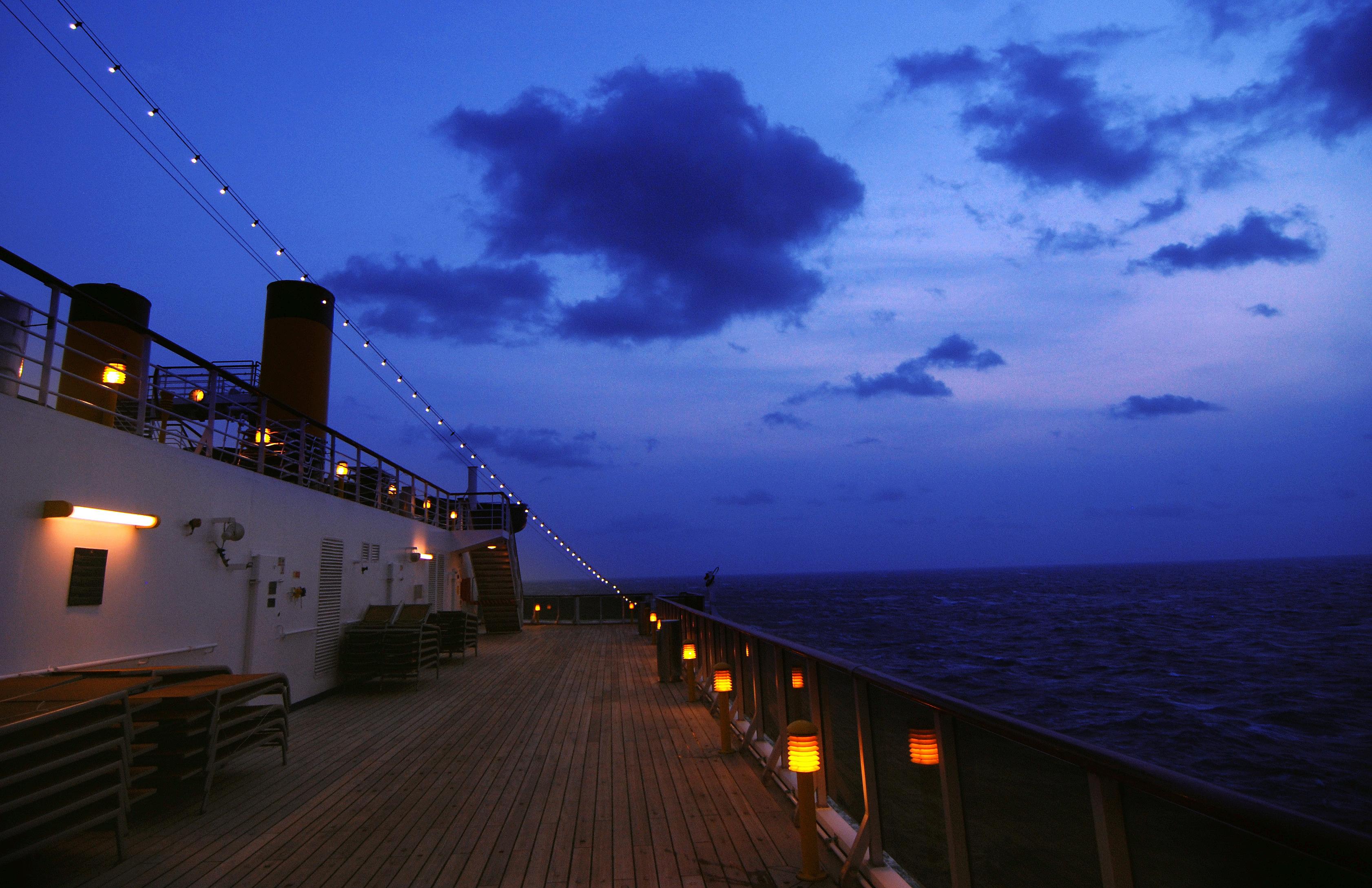Maersk “poisoning”, the global shipping industry lost?

- Date: Jul 05, 2017
- Comments: no comments
- Categories: News
The global shipping giant Maersk Group “poisoning” incident is still not afterburn, which shows the computer virus in the technology and the Internet more and more dependent on the industry’s enormous damage to the power, but also for the entire shipping industry sounded the alarm.
About 90 percent of the world’s world trade is transported by sea, and ships and ports have become the arteries of the global economy, Reuters reported. The port is increasingly dependent on the communication system to keep the operation going smoothly, and any IT failure can cause serious interference from the complex logistics supply chain.
It is reported that the network attack on the global shipping industry is very destructive. As Maersk is the world’s largest container shipping company, its Maersk Container Terminal is responsible for the operation of 76 ports around the world, so this wave of network virus attacks affect the entire maritime industry. After several attacks on the Maersk Group, several ports operated by the Maersk Branch, including the United States, India, Spain and the Netherlands, are still trying to resume normal operation. Among them, the South Florida container terminal still can not complete the container reception and cargo delivery work. Anil Diggikar, chairman of the JNPT port near Mumbai, India, also said “it is not clear when the wharf is back to normal operation.”
In addition, Maersk Group said that many IT systems are still in a closed state, not sure when the business operation can return to normal. The company said that the company has used all available means to make the business back to normal, but still can not answer questions about the violation of its IT system or its network security status.
Maersk Group, which owns Maersk Line, which owns the world’s largest fleet of shipping companies and operates 76 port operations through its subsidiary APM Terminals, has been shrouded in the global shipping industry.
Container ships transport most of the world’s consumer goods and food, while bulk cargo ships, including coal, grain and other commodities, oil tankers and other cargo ships are transported an important oil and gas resources. The volume of these ships is 90% of the global trade volume.
“Maersk Line accounts for about 18% of global shipments, and the company is threatened to panic in all the logistics chains around the world,” said Khalid Hashim, general manager of Precious Shipping, a Thai shipping company. “Nobody knows the goods Where the container will go, and this situation will continue until Maersk will restore the system to its original state.
The researchers said the spread of the network virus GoldenEye (or name Petya) has been affected in dozens of countries. Maersk has not yet, this cyber attack has led to the disruption of the global computer system.
Dean McGrath, chairman of the International Wharf and Warehouse Trade Union, said the shipments of the Maersk Group ship in Tacoma on Tuesday and Wednesday were slowing down, forcing the port to abandon data transmission and restart the paper.
As a leader in IT technology for shipping industry, Maersk Group has been alarmed by cyber attacks for the entire shipping industry, and the shipping industry is clearly lacking in network security compared to other industries, said Wang Shuji, chairman of Taiwan’s bulk cargo ship owner Yumin Shipping. “How long does it take to catch up? I do not know, but most of the shipowners and operators have recently been more aware of the cyber security risks and are beginning to focus.
International law firm Norton Roche law firm survey released this week, 87% of the shipping industry respondents believe that the next five years, network attacks will increase, the proportion will be higher than the aviation industry, rail transport industry and logistics industry.
According to network security experts, in addition to relying on computer systems, the ship itself is more and more by the global positioning system (GPS) and other electronic navigation equipment interference, and the lack of a system to solve the problem of system backup system.
There is no indication that GPS and other electronic navigation devices are affected by this week’s attack, but security experts believe that such a system is vulnerable to hackers deliberately interfere, resulting in signal loss.
Professor David Last, former president of the Royal Institute of Maritime Studies, said Maersk was attacked to raise awareness of shipping and port technology vulnerabilities. When the GPS positioning fails, the captain will lose the primary navigation mode and most of the communication with the computer, resulting in delays and missed the port timetable.
Some countries in Europe and the United States are considering the development of a “eLoran” marine radar backup navigation system, but it takes time to develop.
David Nordell, strategic think tank and policy director at the London Strategic Network and Security Science Center, said the global shipping industry port industry is vulnerable to cyber attacks due to the fact that its operations are often fail to update. He said that two container ships or tankers, if the hacker invasion caused the ship collision, is likely to lead to personal safety effects and loss of goods, or even the loss of the entire ship. And if this happens in the Straits of the Straits of Malacca or the Straits of Istanbul, such out of control may cause the shipping industry to be able to intervene in sufficient time, leading to serious trade effects.







No Comments Yet.